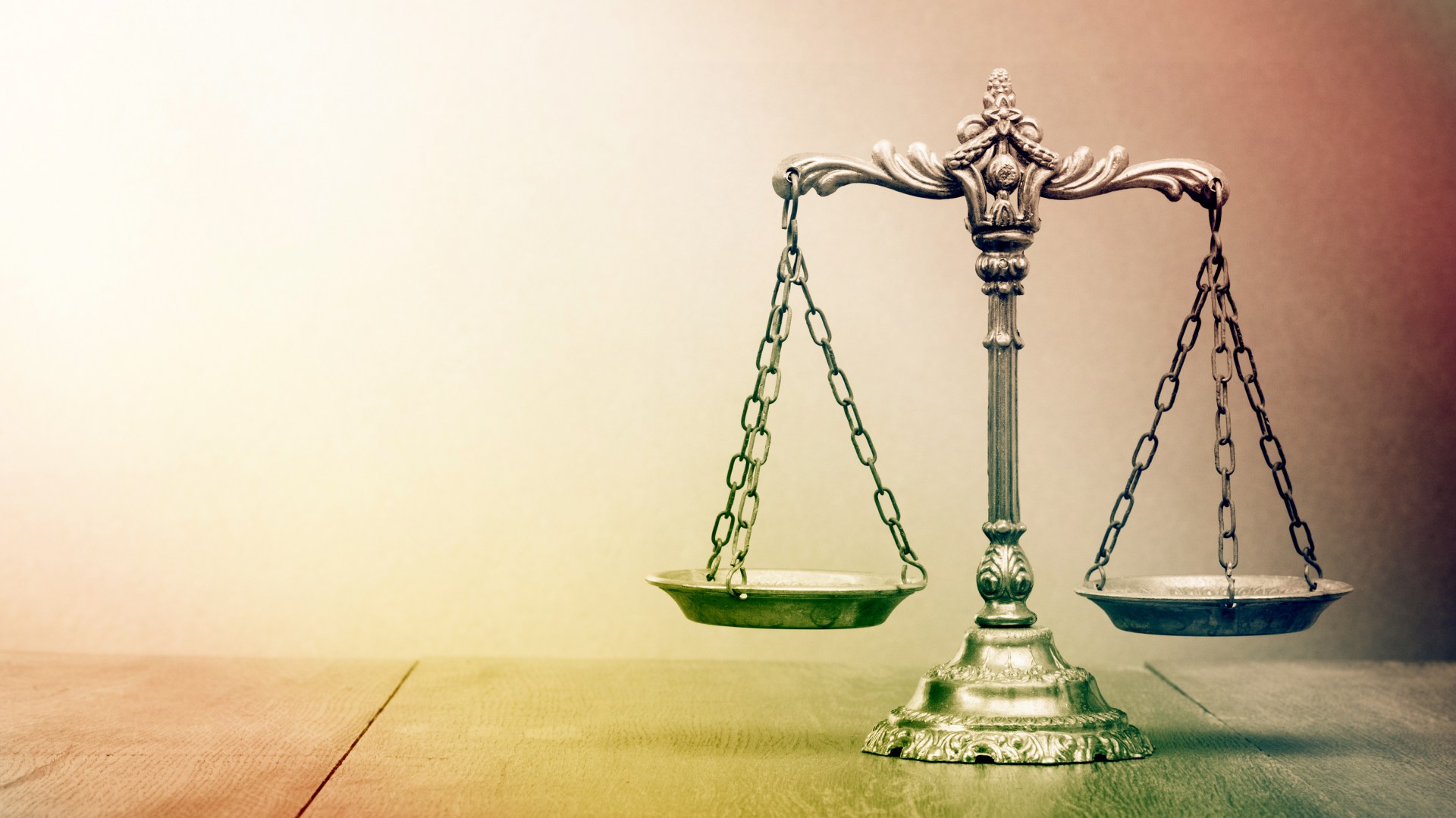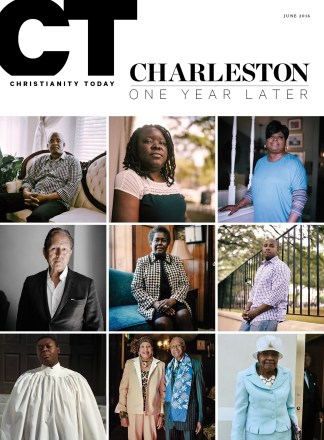Last summer, even before the Supreme Court decision legitimizing same-sex marriage, conservative Christians were already anxious about the consequences for religious freedom. It is not an irrational fear. Eugene Volokh, a law professor at the University of California–Los Angeles, was quoted in The New York Times as saying:
“If I were a conservative Christian (which I most certainly am not), I would be very reasonably fearful, not just as to tax exemptions but as to a wide range of other programs—fearful that within a generation or so, my religious beliefs would be treated the same way as racist religious beliefs are.”
Matthew J. Tuininga, assistant professor of moral theology at Calvin Theological Seminary, voiced the concerns of many about Obergefell’s potentially far-reaching implications:
”We are not just talking about photographers, florists, or cake decorators being forced to serve at gay weddings, though those concerns are legitimate. We are talking about adoption agencies being required to assign children to gay couples, colleges and universities being required to offer same-sex couples access to married housing, and any number of similar scenarios revolving around perceived discrimination against gays and lesbians.”
Since Obergefell, the anxiety has only risen. One reason is the religious nature of the disagreement. Both religious conservatives and LGBT activists ground their respective claims in metaphysics. To simplify: The first group believes that sexual mores are rooted in God-given teaching and the natural order. The second group believes every individual has the right to determine how to live sexually, and we each are duty bound to be true to ourselves, however we conceive the self. Each side champions what it considers a righteous cause that transcends mere personal interest. It is no wonder emotions are running so high, and so much righteous anger is in the air.
Yet we also believe that the Lord calls us to look out for the interests of our political opponents. So, we must not seek legislation that protects our freedom if that same legislation denies the rights of people with whom we disagree. If it really comes down to a choice of protecting our liberty or the civil rights of others, a long stream of Christian ethics beginning with Jesus (e.g., Mark 8:34–35) argues we should deny ourselves.
How are we to move forward in this seemingly irreconcilable situation? Our natural sympathies, of course, fall with those fighting for religious freedom. Just as Paul appealed to Caesar to secure his rights as a Roman citizen (Acts 25:9–12), so we have the right and responsibility to argue for our rights in courts and legislatures. We believe the nation will be stronger if people of faith—and not just of Christian faith—are free to teach and enact their beliefs in the public square without fear of discrimination or punishment by the government.
And what if we finally lose in court or the legislature, and the state insists we perform actions we believe are morally problematic?
Some will feel called to accept the consequences of obedience to conscience, whether that be jail or fines or loss of subsidies. And we can do so in humility and even joy, knowing that “persecution because of righteousness” is a “blessed” thing according to Jesus (Matt. 5:10–12).
Others will feel called to obey the ruling—and take it one step further. Let us recall the great injustice of Jesus’ day: the oppression of Roman occupation, and the common demand by occupation forces for help with carrying their loads. Jesus suggested we should look beyond the symbolic condoning of injustice (helping a soldier) to a deeper ethic. Jesus told his disciples—to put it into today’s terms—that when asked to bake a cake for a gay wedding, we might offer to bake two (Matt. 5:41).
If it really comes down to a choice of protecting our liberty or the civil rights of others, Jesus suggests we should deny ourselves.
Every day we hear about another law or case in another state, with evangelicals wondering aloud, “If we lose in the courts or in legislative halls, what will happen to us?” Yes, life may indeed be worse for us and the nation. We at CT hope leaders will press on to find solutions that protect both religious freedom and the civil rights of LGBT people. With political goodwill, we believe this can happen.
In the meantime, what would happen to us if our liberties were trashed and we were forced to suffer penalties and indignities for our faith? Jesus says that we’ll enjoy a reward, and that our reward will be great. Sounds like a win-win to us. Maybe that’s why he also said, “Fear not.”










